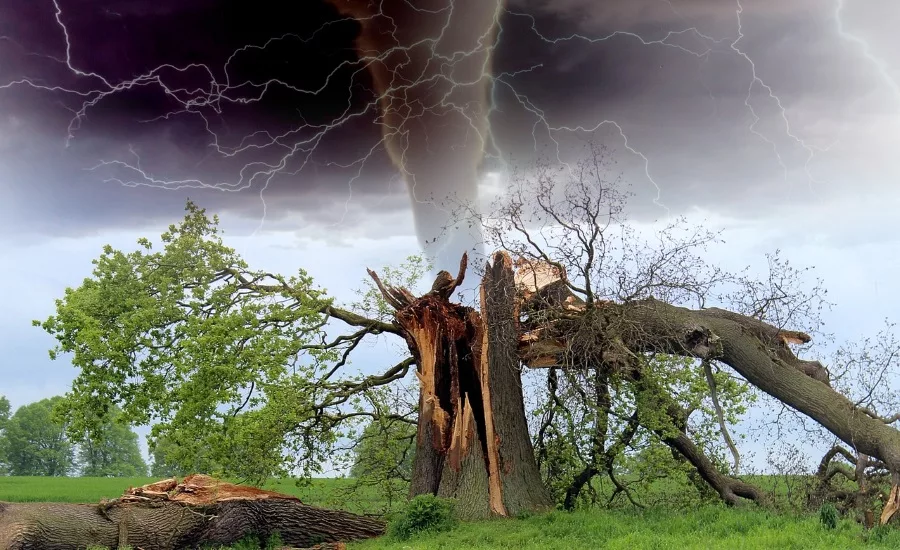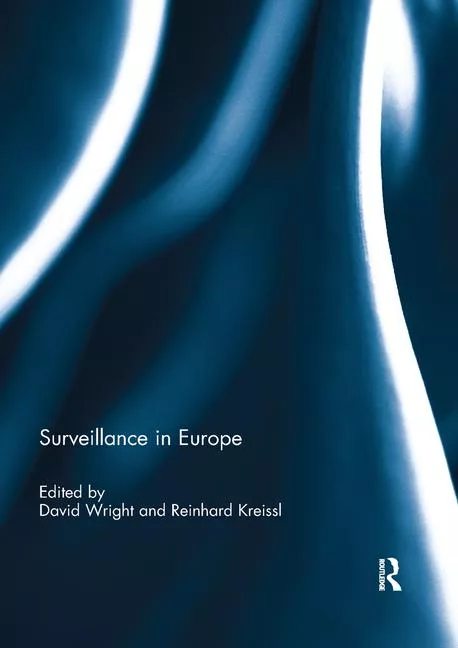Climate-influenced weather was key driver of $268B in global damage in 2020

The Climate & Catastrophe Insight: 2020 Annual Report from global professional services firm Aon plc, evaluates the impact of global natural disaster events to identify trends, manage volatility and enhance resilience.
The report revealed that the 416 natural catastrophe events of 2020 resulted in economic losses of USD $268 billion – 8% above the average annual losses for this century – as costs continue to rise due to a changing climate, more people moving into hazard-prone areas and an increase in global wealth. Of this total, private sector and government-sponsored insurance programs covered USD $97 billion, creating a protection gap of 64%, which is the portion of economic losses not covered by insurance.
"The global response to the socioeconomic volatility caused by the COVID-19 pandemic has increased focus on other systemic risks – particularly climate change – and is causing a fundamental reordering of business priorities. This report highlights the increasing likelihood of 'connected extremes' and reinforces that leading organizations of the future will be defined by their ability to manage the global implications of concurrent catastrophic events," said Greg Case, CEO of Aon. "In a highly volatile world, risk remains ever present, is more connected and, as a result, is also more severe – and 2020 has underscored this reality. It has also emphasized the need for enhanced collaboration between the public and private sectors, which will be essential to close the rising protection gap and build resilience against natural catastrophes."
Tropical cyclone was the costliest peril, causing more than USD $78 billion in direct economic damage. It was closely followed by flooding (USD $76 billion) and severe convective storm (USD $63 billion). From a climate perspective, NOAA cited 2020 as the world's second-warmest since 1880 for land and ocean temperatures at +0.98°C (+1.76°F) above the 20th-century average.
Steve Bowen, Director and Meteorologist for Aon's Impact Forecasting team, commented: "The world continues to evolve as it is faced with new challenges around natural perils. While many private and public sector entities primarily focus on physical and human hazard risks, an increasing number of global regulative bodies are further pivoting towards how to handle emerging transitional and subsequent reputational risks. This is especially true as the financial and humanitarian risks surrounding climate-enhanced events become more evident on a daily basis. Focus at the corporate and federal levels will be critical around investments in risk mitigation, resilience, and sustainability as the landscape around climate change solutions continues to accelerate with renewed urgency."
The full report is here.
Looking for a reprint of this article?
From high-res PDFs to custom plaques, order your copy today!






